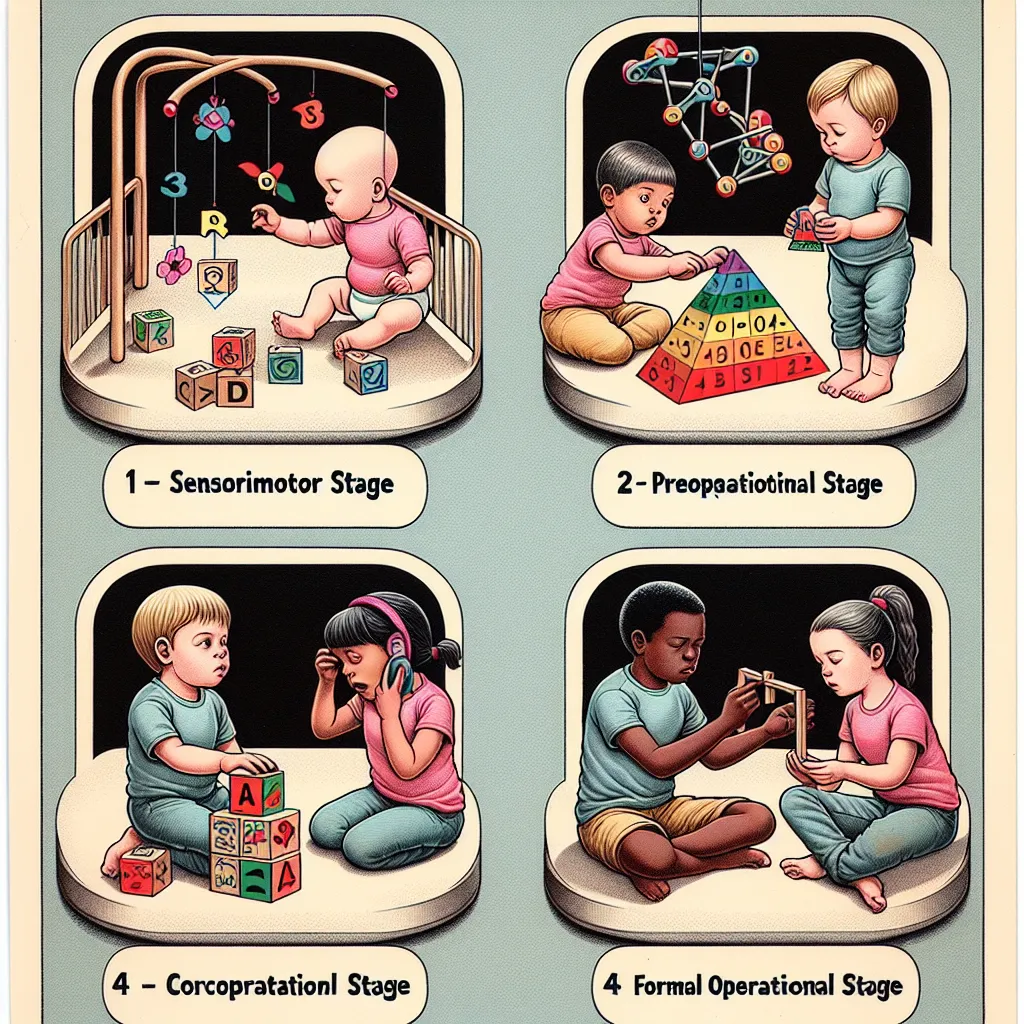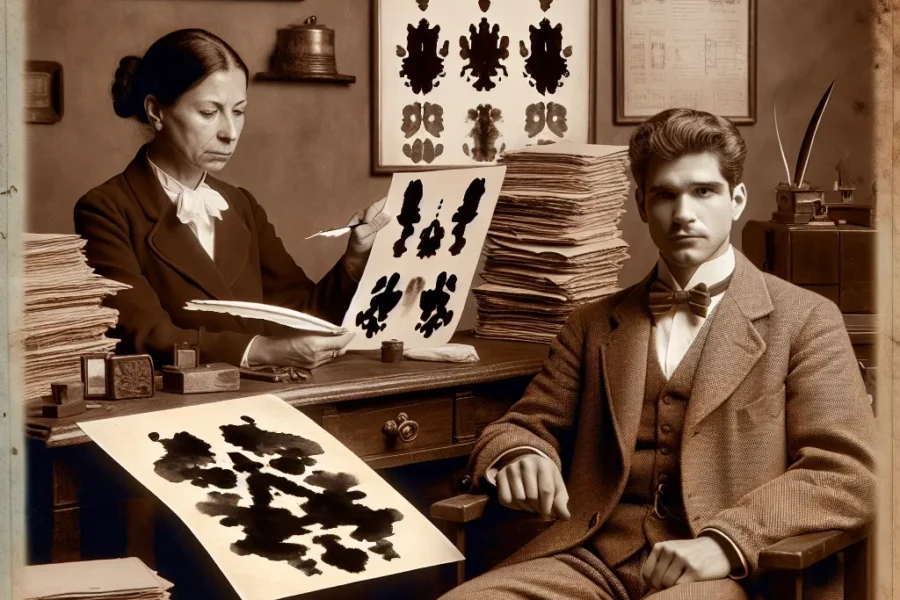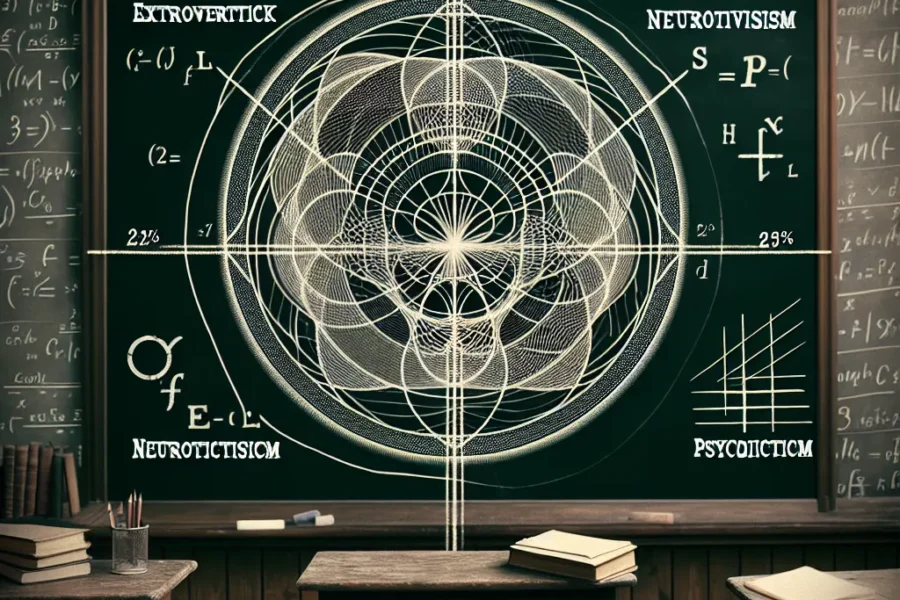Jean Piaget’s Exploration of Cognitive Development
Cognitive development is a field of study that delves into how people think, learn, and grow intellectually throughout their lives. One of the most significant contributors to this field was Jean Piaget, a Swiss psychologist whose groundbreaking research transformed our understanding of cognitive progression in children. His theories on cognitive development have laid the foundation for modern educational psychology, offering insights into the cognitive processes of children and the stages they undergo from birth to adolescence.
Piaget’s journey into the exploration of cognitive development began early in the 20th century. His fascination with the mechanisms of thinking and the reasons behind children’s wrong answers to questions that required logical thought led him to develop a theory that has influenced educators, psychologists, and thinkers worldwide.
Jean Piaget divided cognitive development into four key stages: the sensorimotor stage, the preoperational stage, the concrete operational stage, and the formal operational stage. Each of these stages marks a distinct period in cognitive development and showcases a child’s mastery of new intellectual skills.
The Sensorimotor Stage (Birth – 2 years)
The sensorimotor stage is the first phase in Piaget’s cognitive development model. It spans from birth to approximately two years of age. During this period, infants explore the world through their senses and actions, such as looking, sucking, grasping, and listening. Piaget asserted that intelligence at this stage is practical and revolves around what babies can do with the environment through their sensory and motor abilities.
Children in the sensorimotor stage exhibit reflex-based behaviors which eventually lead to more sophisticated processes, including the development of object permanence—the understanding that objects continue to exist even when they can’t be seen, heard, or touched. This realization is a cognitive leap that signifies an important milestone in a child’s cognitive development.
The Preoperational Stage (2 – 7 years)
Piaget’s second stage, the preoperational stage, spans the ages of two to seven. During this period, children begin to engage in symbolic play and learn to manipulate symbols. However, their thinking is still very egocentric, meaning they have difficulty seeing the world from perspectives other than their own.
In this stage, children’s logic is influenced by their own subjective experiences and their thought processes are dominated by intuition rather than deductive reasoning. They haven’t yet mastered the concept of conservation—the understanding that certain properties of objects remain the same despite changes in their form or arrangement.
The Concrete Operational Stage (7 – 11 years)
The third stage of Piaget’s theory is the concrete operational stage, which lasts from about seven to eleven years of age. In this stage, children become less egocentric and begin to think more logically about concrete events. They gain a better grasp of the concept of conservation and other logical principles, which they apply to physical experiences.
Piaget believed that during this stage, children acquire the skill of reversibility—the ability to recognize that numbers or objects can be changed and returned to their original condition. Inductive logic emerges at this stage, but children are still unable to deal with abstract ideas or hypothetical situations well.
The Formal Operational Stage (12 years and up)
The final stage in Piaget’s theory is the formal operational stage, starting at around the age of twelve and extending into adulthood. This stage marks the emergence of abstract thought and hypothetical reasoning. Adolescents begin to reason about abstract concepts, think about future possibilities, and use deductive logic, or reasoning from a general principle to specific information.
This stage signifies a shift from black-and-white thinking to recognizing and appreciating the gray areas in cognitive and moral issues. Not only can formal operational thinkers grapple with abstract issues, but they also begin to think about the process of thinking itself, which is referred to as metacognition.
Piaget’s Influence on Education
Jean Piaget’s exploration of cognitive development has had a profound impact on education. His principles have guided educators in curriculum development, emphasizing the importance of a supportive and nurturing environment conducive to a child’s cognitive development. Piagetian theory suggests that children should be given learning tasks appropriate to their stage of cognitive development.
Teachers apply Piaget’s theory by providing hands-on learning experiences, encouraging discovery through direct interaction with the environment, allowing discussions that help students express their thoughts, and asking questions that provoke thinking and reflection.
Critiques and Legacy
While Piaget’s theories have been widely influential, some critics argue that he underestimated children’s cognitive abilities and suggest that cognitive development can continue well into adulthood, beyond the formal operational stage. Additionally, some contemporary researchers argue that cognitive development is more variable and less stage-like than Piaget proposed.
Nonetheless, Piaget’s work on cognitive development remains a cornerstone in the field of developmental psychology. His observations and theoretical frameworks have sparked subsequent research and debates, contributing to a deeper understanding of the way individuals learn and think. By considering the sequential nature of cognitive maturation, educators and parents can better foster children’s intellectual advancement.
Jean Piaget’s exploration of cognitive development has had an indelible impact on our understanding of how human intelligence unfolds. His theories offer a blueprint for the stages of cognitive growth and continue to inform educational practices, making his work a lasting treasure in the realm of psychological and educational research.
In conclusion, Jean Piaget’s pioneering exploration into cognitive development has not only illuminated the stages through which children mature intellectually but has also provided a foundational framework for further inquiry into how knowledge is constructed. From infancy through adolescence, Piaget’s stages of cognitive development describe a journey that we all embark upon, illustrating the brilliant complexity of the human mind and its capacity for growth and adaptation. His insights into the developing mind have reshaped educational approaches and have firmly established cognitive development as a vital area of study for understanding human intelligence and learning.



Leave a Comment